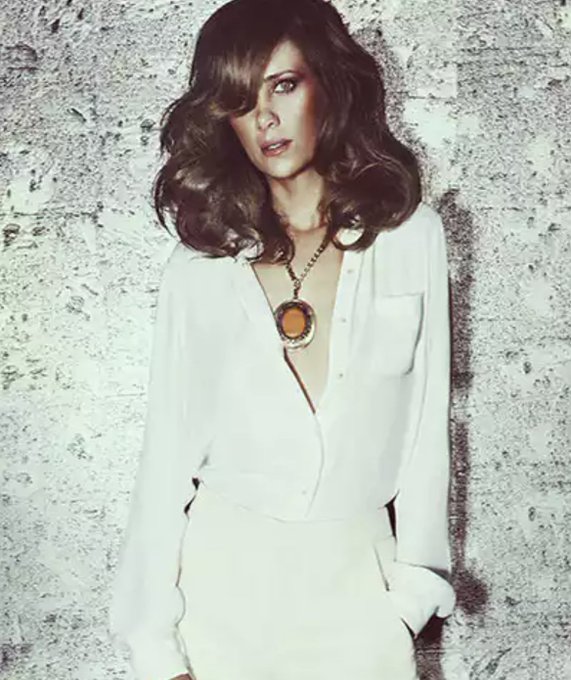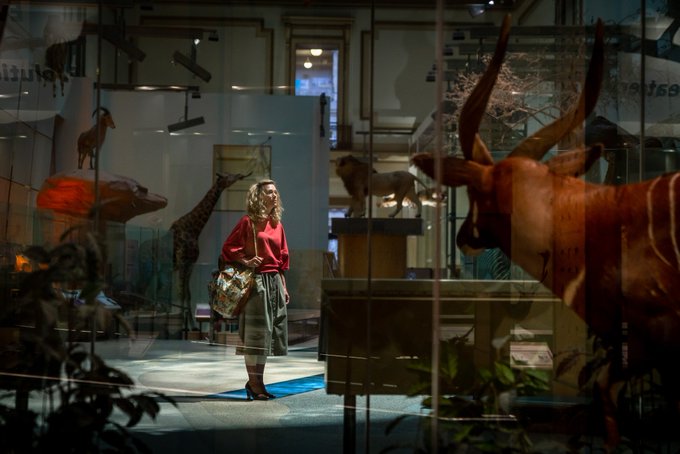
#Cheetah #KristenWiig #PattyJenkins #WonderWoman #WW84
The “Saturday Night Live” alum will face off against Gal Gadot in the sequel.
The “Saturday Night Live” alum will face off against Gal Gadot in the sequel.
If a resurrected Steve Trevor clad in a Members Only jacket wasn’t enough to get you amped about the “Wonder Woman” sequel, then behold the first look at Kristen Wiig as the superhero’s new foe, Cheetah.
Director Patty Jenkins has been blessing us with sneak peeks at the upcoming “Wonder Woman 1984,” which doesn’t actually hit theaters until November 2019. On Wednesday, she posted the first image of Wiig as Barbara Minerva, aka Cheetah, and by the looks of it, she’s already a more exciting villain than Ares.
Jenkins confirmed Wiig’s casting in March after reports of her involvement in the sequel surfaced. Star Gal Gadot tweeted, “This is going to be WONDERful!”
In the photo, Wiig, wearing an ’80s-appropriate baggy sweater and mid-calf skirt, stands in what looks like a museum filled with various stuffed animals, presumably foreshadowing her transformation into the feline archnemesis.
Enter Barbara Minerva… #WW84
Cheetah is historically one of Wonder Woman’s greatest adversaries, but Vulture reporter Kyle Buchanan teased that the two will start as friends in the movie. Minerva, he wrote, “emulates Wonder Woman, then seeks to usurp her.”
Details about the sequel are scarce, although we do know that “Wonder Woman 1984” will fast-forward decades after the first film, which dropped the demigoddess in the middle of World War I and will shift location to Washington, D.C. Apart from Gadot, Wiig, and Chris Pine, “Games of Thrones” star Pedro Pascal has also been cast in a pivotal but undisclosed role.
Fans shared photos across social media earlier this month of Gadot and Pine filming scenes in the D.C. area with extras walking around in ’80s-era clothing. Gadot’s stunt double was spotted performing an aerial stunt in front of the U.S. Capitol in one, particularly stunning sequence.
“Wonder Woman 1984” is scheduled to open on Nov. 1, 2019.
By Cole Delbyck HuffPost



Comments
Post a Comment